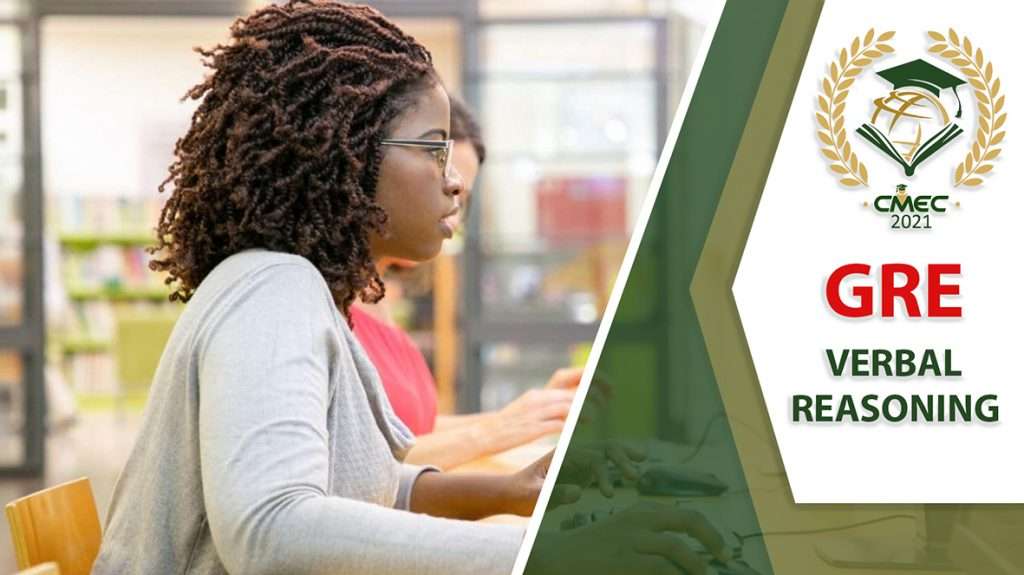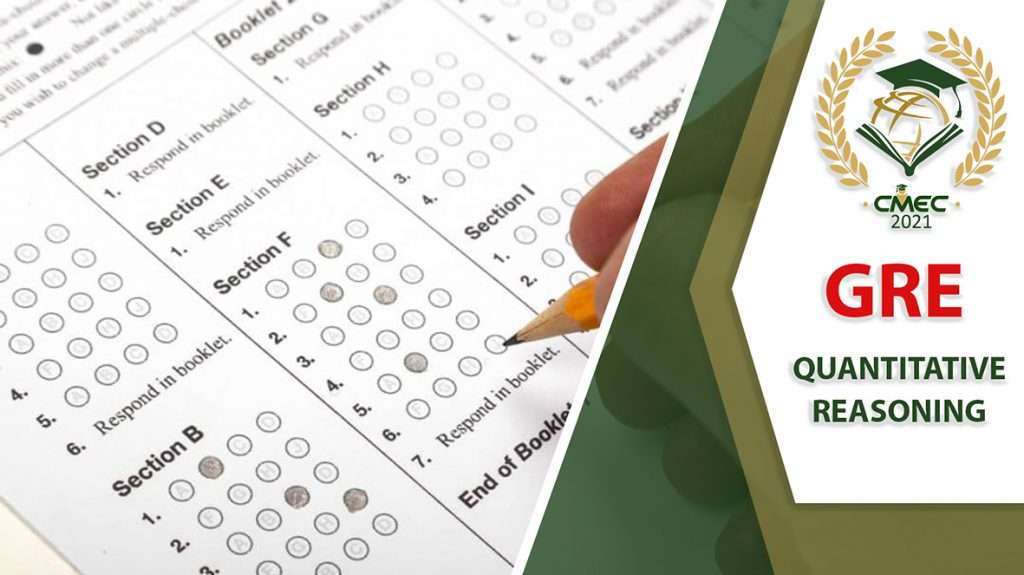GRE Preparation Program
GRE Overview
The GRE® stands for Graduate Record Examinations is a standardized test started in 1936 and conducted by ETS which seeks to assess the quantitative, verbal, and analytical skills of the test-takers. Students who want to enroll in graduate schools abroad to study Master’s programs need to send their GRE scores to their target universities.
There are two types of GRE tests:
- GRE General Test: Students wanting to get admission to MS courses abroad in different fields appears for GRE General Test. In this test, a student is evaluated on his quantitative ability, analytical writing, and verbal reasoning skills. The exam is conducted all-round the year, and students can appear for the test at their convenience. The paper-based GRE General Test is offered up to two times a year in countries where computer-delivered testing is not available.
- GRE Subject Test: GRE Subject Test intends to evaluate the candidates’ ability on a particular subject. These tests are conducted in the following topics: Physics and Psychology, Mathematics, Literature (English), Biochemistry, Biology, and Chemistry. In general, this test is required to get admission to specialized courses.
*** CMEC conducts just GRE General Test preparation.
Skills Tested in GRE
GRE General Test Syllabus
The GRE General Test measures your verbal reasoning, quantitative reasoning, critical thinking, and analytical writing skills – skills that have been developed over a long period of time and are not related to a specific field of study but are important for all. Here’s a look at content covered in the three test sections: Analytical Writing, Verbal Reasoning, and Quantitative Reasoning.
1. Analytical Writing
The Analytical Writing section measures your ability to:
- articulate complex ideas clearly and effectively
- support ideas with relevant reasons and examples
- examine claims and accompanying evidence
- sustain a well-focused, coherent discussion
- control the elements of standard written English

The Analytical Writing section evaluates students’ skills to present complex ideas in a clear and effective way. It also tests whether or not students can support those ideas with relevant reasons and examples, and can have a coherent and well-focused discussion. The scores for the Analytical Writing section are not part of the total GRE score and are graded on a separate scale out of 6.
The Analytical Writing section requires you to provide focused responses based on the tasks presented, so you can accurately demonstrate your skill in directly responding to a task.
2. Verbal Reasoning
The verbal reasoning section evaluates students’ skills to examine and derive conclusions, identifying information in it, scrutinize relationships among parts of sentences, and identify relationships among words and concepts. GRE Verbal Reasoning consists of three separate areas of skill-testing:
- Text Completion,
- Sentence Equivalence,
- Reading Comprehension,

Topics covered under the Verbal section:
- Basic Sentence structure: Nouns, Pronouns, Adjectives
- Verb Tense
- Idioms & Idiomatic Expressions
- Pronoun Agreement
- Subject-Verb Agreement
- Modifiers
- Parallelism
3. Quantitative Reasoning
GRE quantitative reasoning section, also known as GRE Quant, seeks to evaluate students’ skills to comprehend quantitative information and analyze and interpret quantitative information. It tests the taker’s competency in four areas:
- Arithmetic,
- Algebra,
- Geometry,
- Data Analysis,

Topics covered under the Quant section:
Arithmetic
- Divisibility, Prime Numbers, Factorization, Even & Odd Integers, Remainders
- Percent, Estimation, Ratio, Absolute Value, Decimal Representation, Number Line Sequences of Numbers
- Arithmetic Operations, Roots, and Exponents;
Algebra
- Quadratic and Linear Equations and Inequalities
- Simultaneous Inequalities and Equations
- Simplification & Factorization of Algebraic Expressions
- Functions, Equations, Relations, and Inequalities
- Forming Equations to Get Answers to Word Problems
- Coordinate Geometry, Graphs related to Functions and Equations
Geometry
- Quadrilaterals, Perpendicular & Parallel Lines, Circles and Triangles
- Polygons and Congruent Figures
- 3-D figures, Area, Volume, Perimeter
- Pythagorean Theorem
- Measurement of Angle in Degrees
Data Analysis
- Statistics
- Interpreting Data in Tables & Graphs
- Frequency Distributions & Scatterplots
- Elementary Probability
- Conditional Probability
- Probability Distributions and Random Variables and Counting Methods
- Combinations, Venn Diagrams, Permutations
Modified Versions of Verbal Reasoning and Quantitative Reasoning Questions
The test you take may include questions that are modified versions of published questions or of questions you have already seen on the test. Some modifications are substantial; others are less apparent.
Even if a question appears to be similar to a question you have already seen, it may in fact be different and have a different answer. Pay careful attention to the wording of each question.





